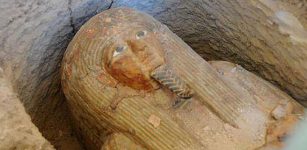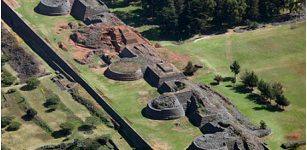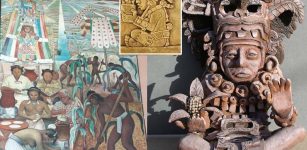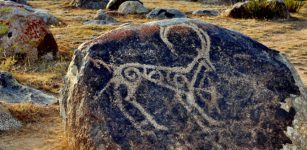Ancient Moon Religion And Passage Graves Helped Western Europe To Develop A Common Calendar 6,000 Years Ago
MessageToEagle.com – According to an intriguing new theory, there is remarkable evidence suggesting Neolithic farming communities in Western Europe shared a common calendar about 6,000 years ago.
The evidence is based on examination of several hundreds of ancient passage graves. Many of these are 2,000 years older than Stonehenge. A scientist have discovered that Stone Age people mapped the Lunar Cycle with directions with superb accuracy, and not only that! Ancient passage graves were also used as maps!
As part of his Ph.D. in cultural astronomy, Claus Jørgen Clausen, at the Niels Bohr Institute at Copenhagen University investigated the connection between agricultural societies in the early Neolithic and ancient passage graves scattered across Europe.
Many Ancient Passage Graves Point In The Same Direction
He discovered that about 6-7000 years ago a common calendar system was spread throughout Western Europe. Clausen’s research revealed that all passage graves, from the Algarve coast in southern Portugal to those in northern Sweden, all point in roughly the same direction: 10 degrees south of due east.
Clausen do not think this is a coincidence. It turns out that this particular direction is identical to what is called the spring full moon, when the moon rises roughly the same place in all of Europe.
Therefore, it was possible for our ancestors to build graves and use them to determine the season.
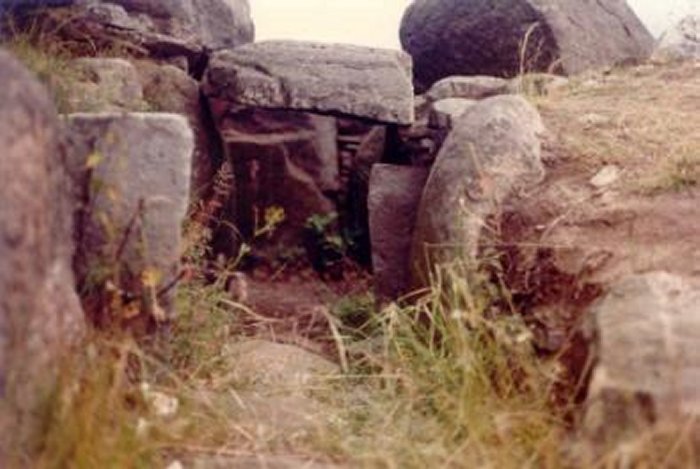
“Whether Stone Age people knew it or not, they have in some way mapped the Lunar Cycle with directions. This meant that they could find out when it was spring, when it was autumn, when the summer began, and when it reached its peak,” Claus Jørgen Clausen explains.
The oldest of the graves are 2000 years older than Stonehenge. Studies of these ancient graves reveal that they too can show what season it is, but instead of the Moon, the ancient builders relied on the Sun.
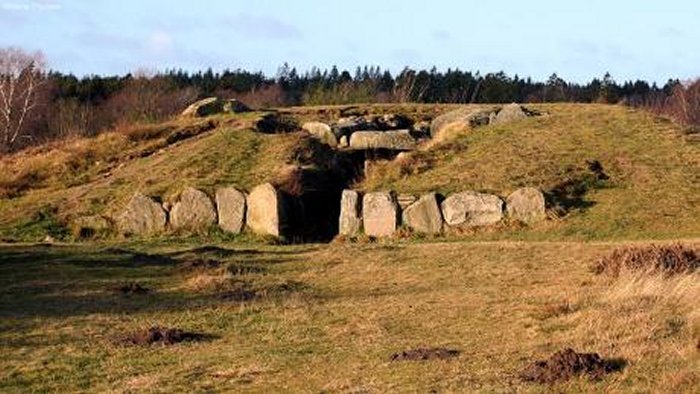
Creating a calendar based on the Sun is easier than the Moon. Somehow, a new Moon religion mixed with science emerged during the early Neolithic period and Stone Age “scholars” went out into the world to teach others about the calendar system.
Clausen’s research suggests the system was invented in Portugal, and from there the ancient knowledge spread to the rest of Western Europe over a period of approximately 1,000 years.
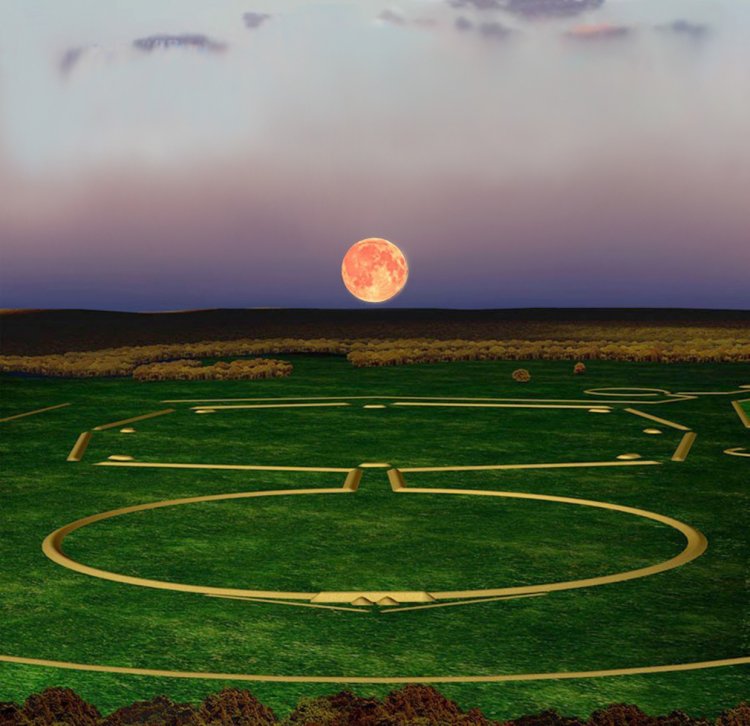
Niels H. Andersen, senior researcher at the Moesgaard Museum, Denmark believes Clausen’s theory is intriguing and well-worth researching further.
“Just the fact that our ancestors built some stone chambers of hundred tons stone, clearly indicated these places were of great importance to them. It’s not something we can prove, but I think we are on the right track, says Niels H. Andersen.
See also:
World’s Oldest Moon Map Carved Into Ireland’s 5,000 Year-Old Tomb At Knowth
Final Proof: British Megaliths Were Astronomically Aligned With The Sun And Moon 5,000 Years Ago
Why Lunar Eclipses Were Considered Bad Omen In Ancient Times
More Fascinating Ancient Mysteries
Were Ancient Passage Graves Used As Maps?
While examining ancient passage graves, Clausen discovered something intriguing.
“I found out that when sitting in a passage grave, you can actually see the next out there in the landscape. This means that they are connected in some systems in order to find out where the next settlement is”, Clausen said.
Clausen believes that in these ancient passage graves were used as a kind of GPS.

He has found two places where large passage graves are located so that each forms a tip of a triangle. At the same time they can be used to make a fire on top of them. The fire helped Stone Age people to know where they were and avoid getting lost. The ancient lines were simply “road signs”.
Archaeologists are very excited about Clausen’s evidence and there is without doubt much work that needs to be done in order to confirm this intriguing theory. It should also be added that there are about 5,000 ancient passage graves in Denmark, but only 700 of them have been examined so far.
Copyright © MessageToEagle.com. All rights reserved. This material may not be published, broadcast, rewritten or redistributed in whole or part without the express written permission of MessageToEagle.com

